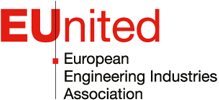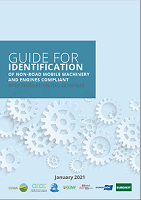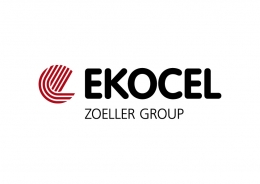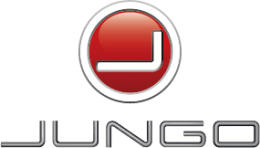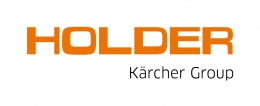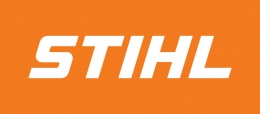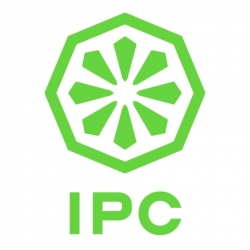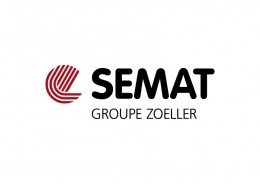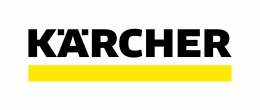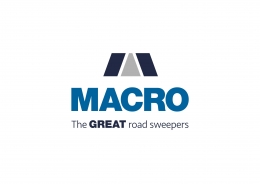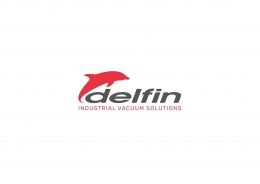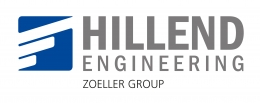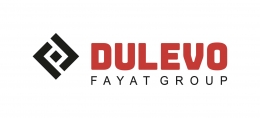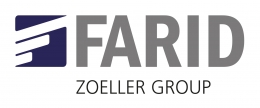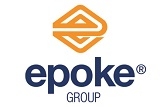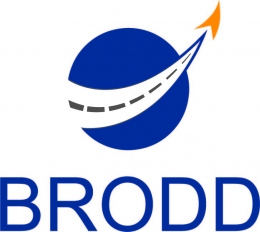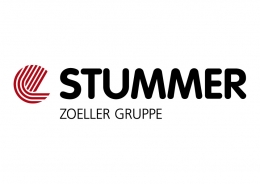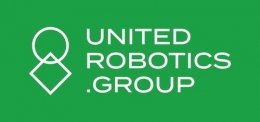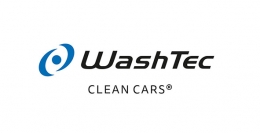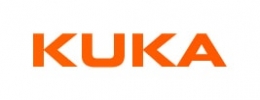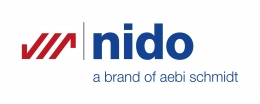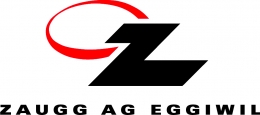
November 2016
EUnited Robotics position on "Civil Law Rules on Robotics"
EUnited Robotics in its recent position paper commented on the draft report prepared by the Legal Committee of the European Parliament on civil law rules on robotics. The European Parliament's report has caused anxiety amongst the European robotics industry due to its intention to create a high level of bureaucracy lacking in practical relevance and causing a major setback to social and economic progress.
Whereas it is true that the “European industry could benefit from a coherent approach to regulation at European level” and companies would profit from legal certainty in some areas, over-regulation would hamper further progress. This poses a threat to the competitiveness not only of the robotics sector but also of the entire European manufacturing industry.
The draft report addresses very different systems like classical robots, autonomous systems, autonomous cars, drones, software, software-bots and office automation. As the voice of the European Robotics industry, we can only speak for industrial and professional service robotics. We urge all stakeholders to use the terms “robot” and “robotics” sensibly rather than applying them to all kinds of artificial intelligence and software technologies.
As the report tackles so many different aspects (like liability, mandatory registration, standardization, safety, IPR and ethics) and sectors (cars, drones, medical, industrial, public and private use), these can hardly be addressed in one law. We strongly favor updating or adapting the different existing rules and regulations (e.g. machinery directive, medical devices directive, Standardised European Rules of the Air, etc.) where necessary.
Robotics and automation is a key technology that helps to increase productivity and thus contributes to maintaining or even expanding the competitiveness of the European manufacturing industry. By this, it also safeguards production sites within Europe and even enables reshoring of production that had been shifted to low-wage countries outside Europe.
The draft report proposes to find solutions for problems that in many cases do not yet exist - and might not ever exist.
There currently is no evidence that robots cause unemployment and reduce the number of jobs. While some studies predicting that computerization may cause a massive job loss in the future play to the fears, empirical studies prove that robots do not destroy more jobs than they create new ones. Increasing the productivity, they rather assure employment in the manufacturing sector as well as the adjacent service sectors. Increased profits through the use of robots are anyway subject to taxation. The rule should be to levy taxes where value has already been created, rather than where value has yet to be created – i.e. tax profits, not the means for making profits.
From today’s perspective, we do not expect a degree of autonomy in the medium term future where humans or the legal entities behind the robotic systems could not (or should not) be held accountable. So far, the introduction of autonomous robotic systems has more often increased human involvement rather than decreased it. The technological possibilities of autonomy should not be confused with machines developing an own consciousness. Therefore, we do not see the need for creating a new legal status of an “electronic person”.
Safety of industrial robots is covered by the machinery directive and international safety standards. There is clearly no need for isolated European standardization in robotics.
Product liability is covered by EU directive 85/374/EWG. Before increasing liability for deploying robots, it should be carefully verified whether or not the existing regulation is sufficient. Moreover, the report stipulates that “the greater a robot's […] autonomy is, the lower other parties' responsibility should be”. In our opinion, the opposite should be the case.
To increase the uptake of innovation in commercial applications, the European robotics’ industry sees the need for a unified data protection regulation on a European level. This includes the clarification of data “ownership” (i.e. the limitation of access rights to data for the protection of IPR as well as sensitive and competition-relevant data created by robotic systems) and the use and protection of personal data. More data will become available with the increasing number of sensors, IoT and interconnectivity. As far as applications in the industrial sector are concerned, these issues should be addressed in the current “Digitising European Industry” initiative. For applications in other areas, sensible regulation striking a balance between the need to use data and the protection of individuals is necessary.
For some application areas, e.g. for medical and healthcare robots, we do see that the current regulation (covered by the medical devices directive) indeed often hinders the use of robots (for example, smart wheelchairs can only be used together with an accompanying person). An appropriate regulation should find a balance between the safety of patients on one hand and reaping the benefits for them on the other.
We do not see any need for introducing a mandatory robotics insurance in the professional application area. Also a European registry for robots would tremendously increase bureaucracy without any significant benefit.
Regarding an Ethical Code of Conduct for Robotics, especially in research and development, this cannot be reasonably regulated by a law. Such a code of conduct should rather be worked out by the robotics community itself as a self-commitment.
We propose to the European Parliament and the European Commission to carefully review whether existing rules and regulations can be modified where necessary first. The European robotics industry is open for a dialogue to give advice and support this process.
Contact:
Dr. Susanne Bieller
+32 2 70682-22
+32 2 70682-23
Susanne.Bieller@eu-nited.net
Download EUnited Robotics' position paper: "Civil Law Rules on Robotics"
Industrious Brussels EU District, Avenue des Arts 6-9, 1210 Brussels, Belgium, +32 490 57 57 65
Transparency Register number: 0289344948-82
